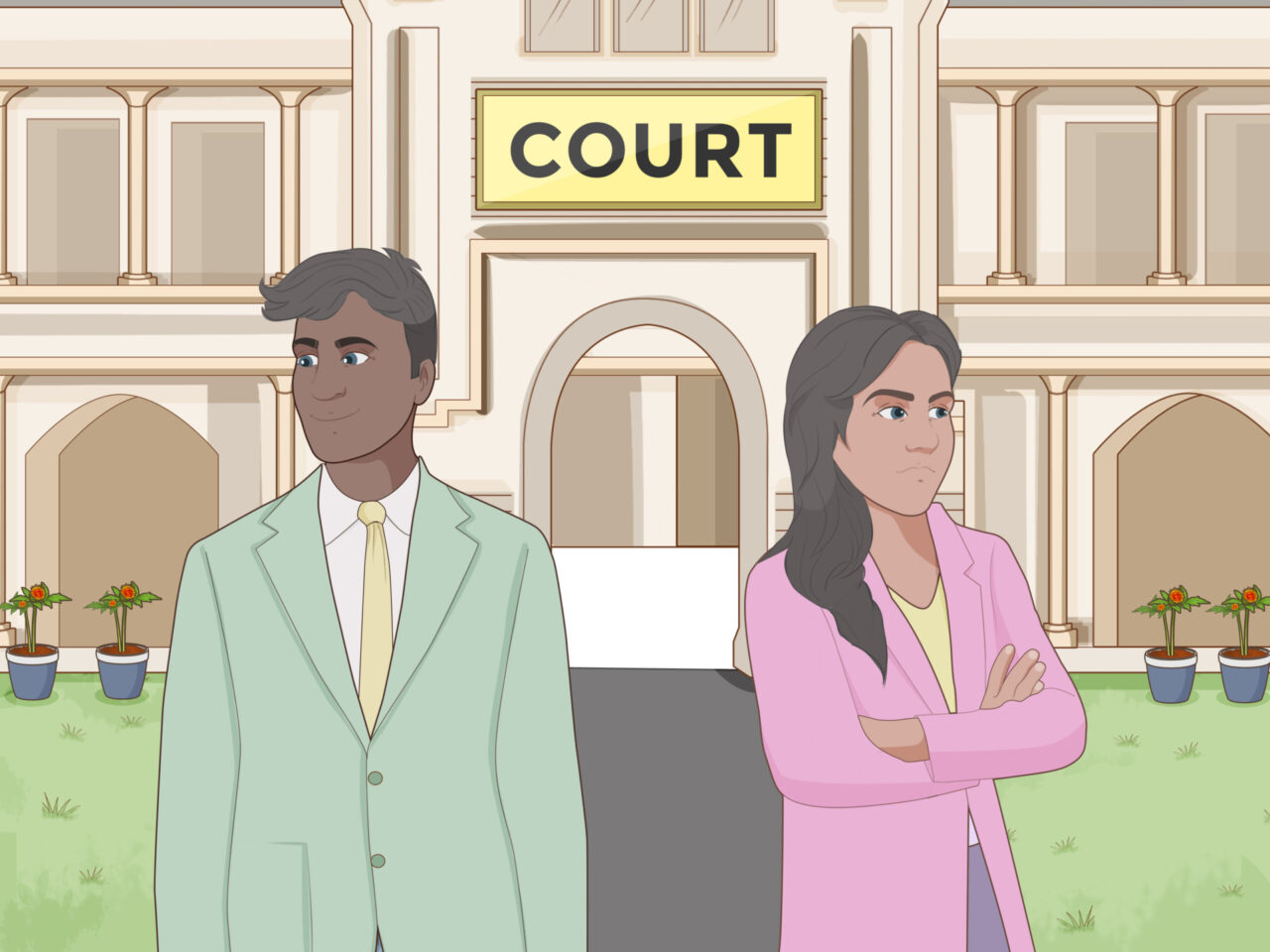The Tripura High Court in the case of Sri Anil Kumar Tripathy vs Smt. Biva Upadhyay (Tripathy) (FA No. 03 of 2017) upheld that to determine cruelty it is a matter of inference to be drawn by taking into account the nature of the conduct and its effect on the complaining spouse.
Facts of the case: The wife instituted the suit for dissolution of marriage by a decree of divorce on solitary ground viz., cruelty contemplated under section 13(1)(ia) of the Hindu Marriage Act, 1955. According to the wife after the marriage, the appellant started demanding dowry from her for which a matrimonial discord developed between them. However, in the midst of difference, a daughter was born to them. After a few years, they reconciled at the intervention of well wishers and the wife returned to her matrimonial home where she conceived a second time. At the advanced stage of her pregnancy she went to her parents. Since the birth of her son, the wife has been living at her parental home at Kamalpur along with her son. The daughter is living with his appellant father. After the birth of their son on 10.08.2014, the couple did not have cohabitation.
Appellant contested the suit by pleading that the only reason for their separation was his refusal to live as a ‘Ghar Jamai’ in his in-laws’ house. When he refused this proposal, his in-laws started misbehaving with him and one day in his absence at home, the parents of his wife had taken her back to Kamalpur where the son was born. The appellant made a prayer to the Court to dismiss the petition of his wife seeking divorce.
On appreciation of evidence, the trial court held that matrimonial offense of cruelty was proved against the husband and moreover the spouses had no trust and respect for each other. Being aggrieved, appellant husband has challenged this judgment
Judgment: The court held that the cruelty may be mental or physical, intentional or unintentional. If it is physical the court will have no problem to determine it. It is a question of fact and degree. If it is mental the problem presents difficulty. First, the enquiry must begin as to the nature of the cruel treatment. Second, the impact of such treatment on the mind of the spouse. Whether it caused reasonable apprehension that it would be harmful or injurious to live with the other. Ultimately, it is a matter of inference to be drawn by taking into account the nature of the conduct and its effect on the complaining spouse. There may, however, be cases where the conduct complained of itself is bad enough and per se unlawful or illegal. Then the impact or the injurious effect on the other spouse need not be enquired into or considered. In such cases, the cruelty will be established if the conduct itself is proved or admitted.
In this case the wife had succeeded to substantiate acts of cruelty by adducing convincing evidence. It was on record that she had become a patient of mental disorder for which she required continuous treatment under a psychiatrist. The court was of the view that the wife has established the ground of cruelty to the hilt. Thus, the decree of divorce was upheld.
JUDGMENT REVIEWED BY : SHUBHANGI CHAUDHARY


